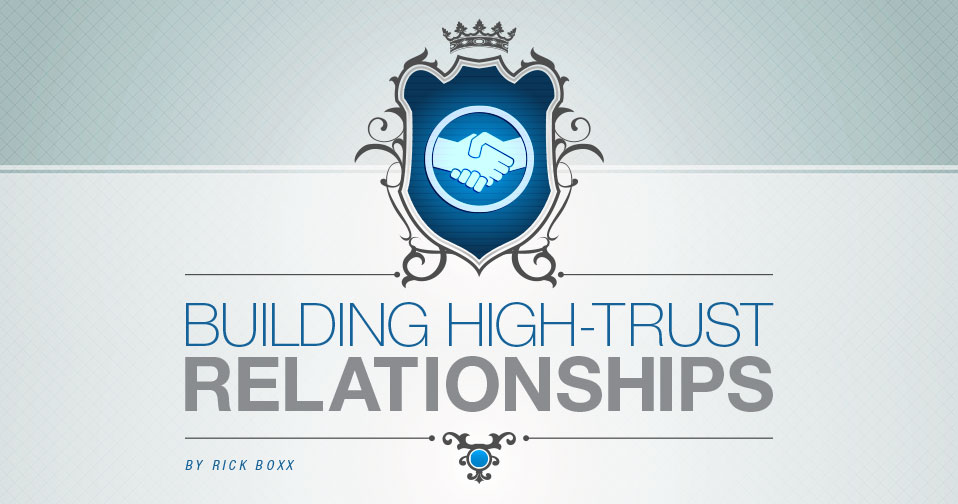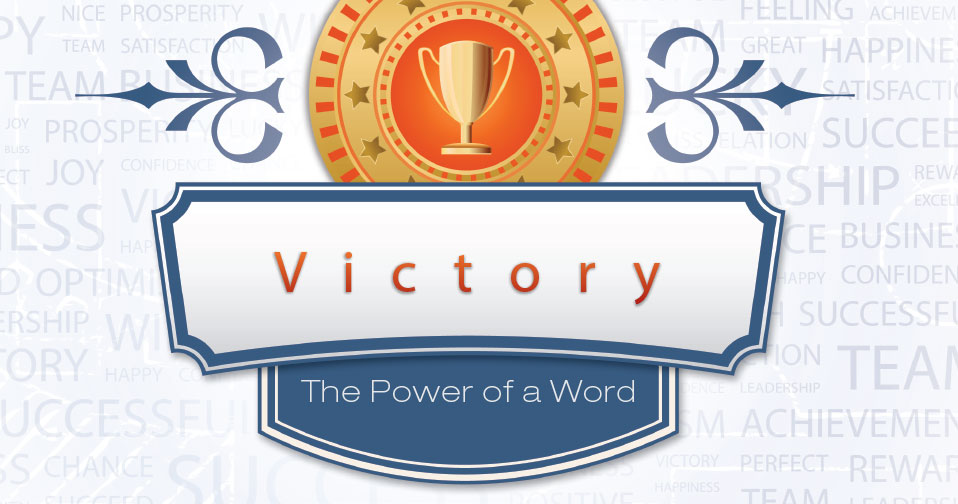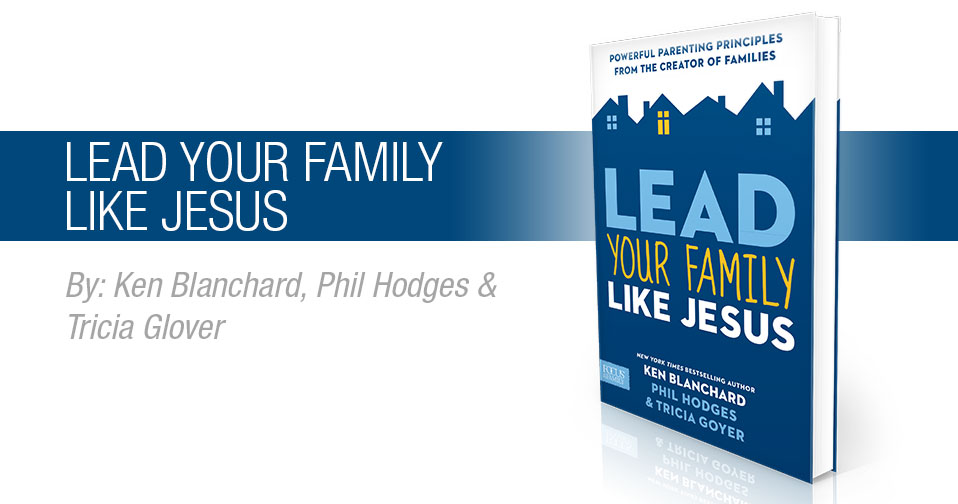The Family Conversation Guide

The following four steps will give you an outline to follow as you prepare and pursue this collective goal of forming a Family Stewardship Philosophy. Remember, the purpose of this initiative is to encourage your family toward realizing God’s calling for your stewardship together.
- Strengthen your convictions about the purpose of wealth and its most appropriate uses.
- Prompt family members to reflect on personal beliefs about the source of possessions.
- Identifythe values at stake when wealth is transferred, and develop a practical plan for estate distribution to children, heirs, and other beneficiaries.
- Clarify purposeful intentions behind inheritance plans, and recognize opportunities to develop preparedness among beneficiaries.
Engage
Every family has its own unique personalities and circumstances. The idea of approaching family members to talk about estate matters is either appealing, intimidating, or somewhere in-between. Trust your instincts. Your intuition is a helpful guide when deciding how and when to introduce this process. You must also decide whom to include. Ideally, all adult children—and probably their spouses—are relevant to the discussion. Just recognize that it might not be possible to avoid awkwardness and discomfort completely. But in the end, the permanent rewards of this family experience far outweigh the temporary feelings you may need to endure along the way. Find whatever courage you need to keep your family from being deprived of these blessings. However you personalize it, the first step is to introduce each person to the concept of a Family Stewardship Philosophy. Tell them how this idea came to your attention, and why it has meaning for you. Let them know your vision of what to expect from the process— what commitments are required, and what benefits will result. If appropriate, give them some time to absorb the idea, and let them know you’ll be following up in the near future.
Prepare
As the parent, it’s important for you to have a solid command of your convictions, values, and objectives related to your estate. You are the leader. And while you don’t have to be overpowering, your preparedness will set the tone for other family members. The more they sense that you take it seriously, the more they will be encouraged to do the same. It is recommended that you personally think through each of the components of the Family Stewardship
Philosophy on your own before meeting with others. When you know where you stand, you will be free to listen and encourage others to explore and express their feelings, desires, and priorities.
Gather
Whether you convene once, or interact over several meetings, the family gathering is essential to the process. Your family’s situation may dictate the logistics. But getting together enables open discussion and the most efficient communication. The format of your time(s) together depends on personal factors; however, the goals before you are the same. Each person should be asked to comment on the components of the Family Stewardship Philosophy.
- 1. Develop a Statement of Purpose.
• What is your family’s collective purpose?
• With regard to wealth management, what role does the family play in God’s universe?
- 2. Express Convictions about the Source of Wealth.
• If God owns it all, what does it mean that He has entrusted the family with possessions?
- 3. Take Inventory of Motives Surrounding Wealth.
• Why accumulate wealth?
• What temptations exist that might have negative consequences?
- 4. Examine the Value of Goals.
• What is the purpose of lifetime preservation of the family estate?
• What is the purpose of lifetime distribution?
- 5. Define a Philosophy for Utilization.
• What lifestyle is reasonable?
• How will you define and regulate personal lifestyle goals to protect against materialism?
• What is your “financial finish line”?
- 6. TITLE.
• Are there any unspoken expectations regarding an inheritance?
• What do the family’s stewardship goals suggest about the balance of giving before death and inheritance?
• What do the family objectives suggest about the timing of wealth transfer?
Document
One of the most important steps is to write a draft of your responses to step three above. By documenting your family’s discussion and ideas, you create a tangible reference point that can be shared among family members. This will reinforce your convictions and encourage unity. It also makes it easier to recall the conversations and revise your thoughts as they develop.
Consider This
Why will your children’s children share your Family Stewardship Philosophy? If you have children, you know every family has an everchanging nature about it. Not long after children arrive in our homes, they become adults more quickly than we could ever imagine. Most of them become parents and experience the dizzying fast-forward world of parenting for themselves. Sometimes it seems there isn’t enough time to prepare our children for adulthood. They’re out the door before we’ve had a chance to give them all they need. What growing, changing, evolving families need are foundations. Not just moral and spiritual foundations, but firm foundations that anchor them financially. That’s why developing a Family Stewardship Philosophy is so important. It lays the groundwork for all your decisions about wealth. While it’s possible to pass on monetary wealth to your family, it’s even more essential to pass on a philosophy. The questions posed throughout this section are not designed just to make you think. They are meant to lead to answers that are solid enough to remain relevant for generations to come.

By: David Wills
David Wills is president of National Christian Foundation (NCF), a position he has held since 1998. David has co-authored two books, Investing in God’s Business and Family.Money., as well as numerous articles. David serves on several boards, including the Evangelical Council for Financial Accountability (ECFA), ProVision Foundation, Global Generosity Foundation, Chick-fil-A Foundation and Generous Giving, of which he is cofounder. David and his wife, Chris, live on a farm near Atlanta with their seven children.






